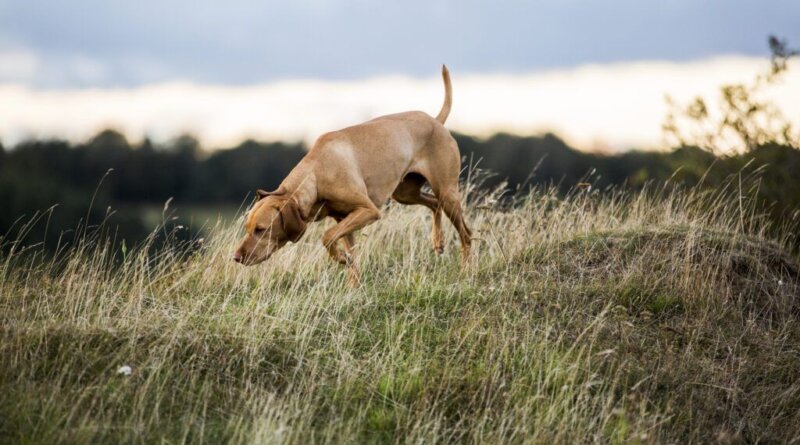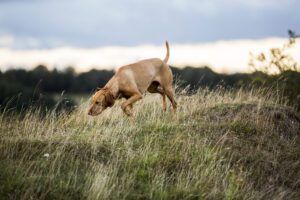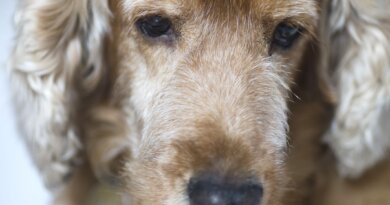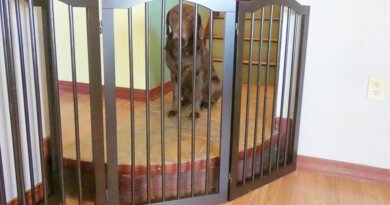Dog Nosebleed – Whole Dog Journal
Nosebleeds in a dog have many possible causes, just as they do in people. Some nosebleeds are simple: A dog nosebleed on one side is often due to trauma, such as the dog running into something, even if the trauma involved both sides. Other nosebleeds are complex: A nosebleed accompanied by difficulty breathing or heavy breathing may indicate cancer.
Nosebleed One Side
If your dog has had trauma such as from running into something, he may end up with a nosebleed, which may be a one-sided nosebleed. Obviously, when there is trauma and damage, like a swollen muzzle, an injured eye, possibly a bloody mouth, or missing tooth, you should contact your veterinarian. Otherwise, most dog nosebleeds can be handled with cold compresses or an ice pack on the top of the muzzle. Note: The medical term for a nosebleed is epistaxis.
Heavy Nosebleed
If there is a heavy nosebleed, there are a couple of most likely possibilities. The first is a foreign body. Your dog may have been sniffing heavily and snorted up a pill or some plant material or another irritant. The irritation may damage small blood vessels and lead to a bleed.
Some dogs will then sneeze this out, but your dog may require sedation to remove the offending material. If you live in foxtail country, you definitely want a thorough exam and removal.
An intense sneezing fit can cause a minor nosebleed. This is generally both nostrils and stops fairly quickly without any care. A nasal polyp can cause sneezing.
One-Sided Nosebleed With Heavy Breathing
The major concern with a nosebleed on one side is nasal cancer that has not spread to the full nose yet. Sometimes you can spot a growth from just looking at your dog’s nose or you might see a swollen area on the muzzle. That area may or may not be painful. Often these dogs will have some labored or heavy breathing (since only one side of their nose is functional) along with their nosebleed. Caught early, nasal cancers can sometimes be successfully treated with surgery and/or radiation.
Nosebleed Emergency in Dogs
A somewhat unusual cause of nosebleeds in dogs is a clotting disorder. A simple sneeze can lead to a heavy bleed in these cases since the clotting factors are low in number or already used up. This type of nosebleed usually will not stop with simple first-aid, such as the cold compresses, and should be considered an emergency. Treatment for the primary cause of the clotting problems is essential.





